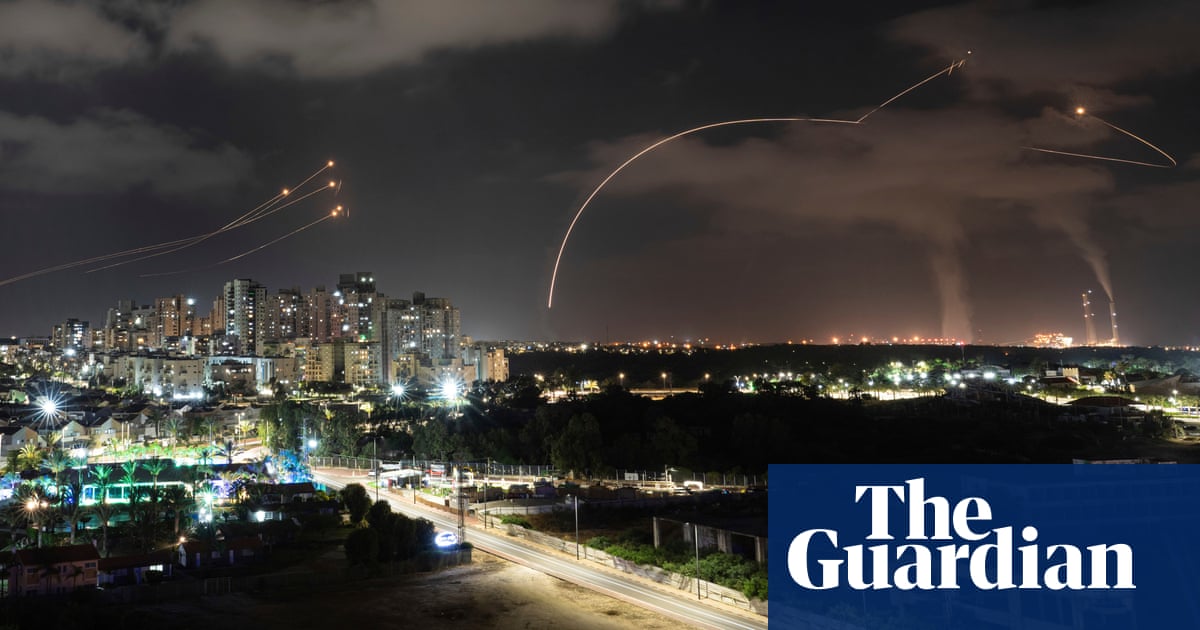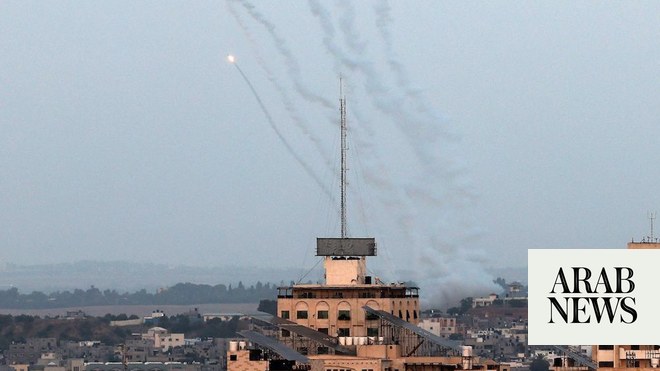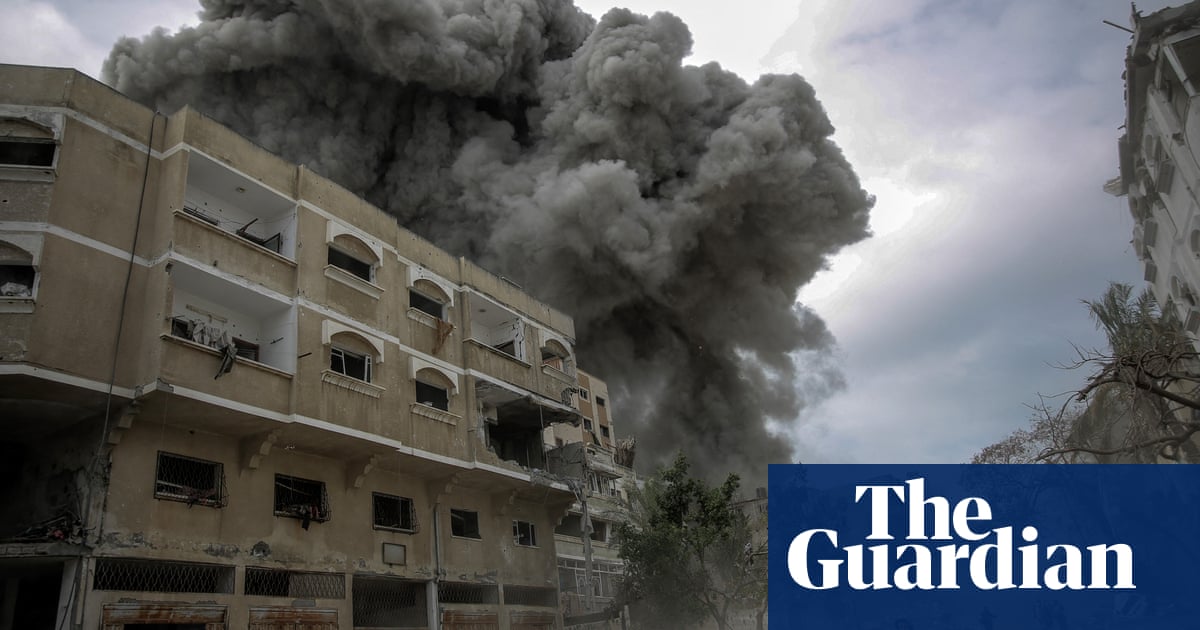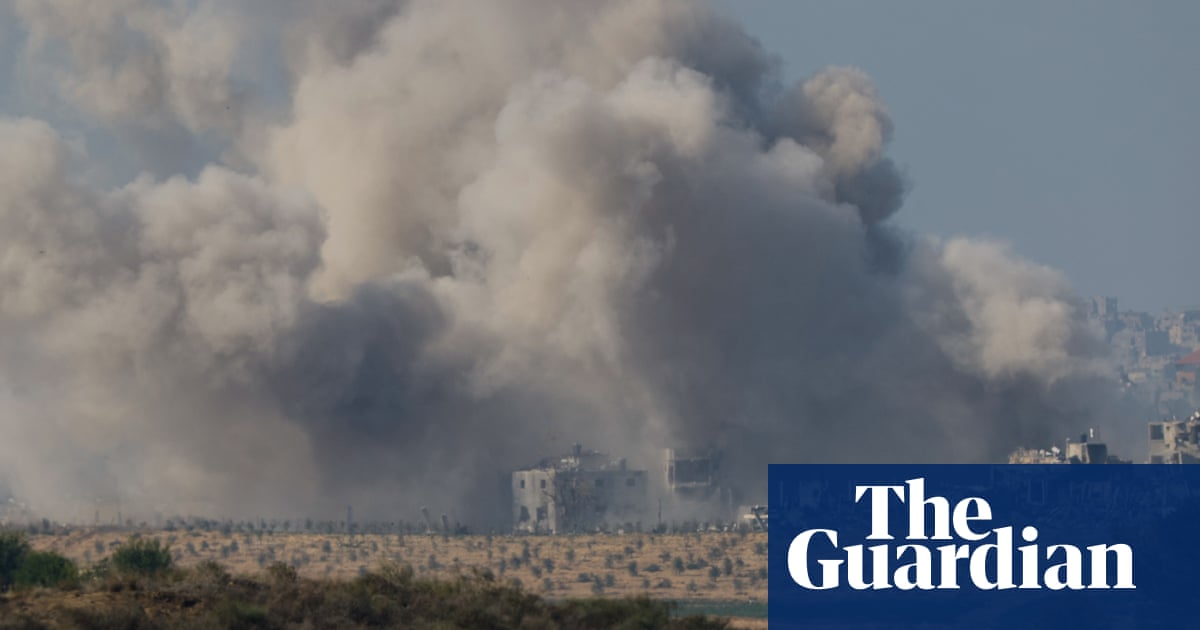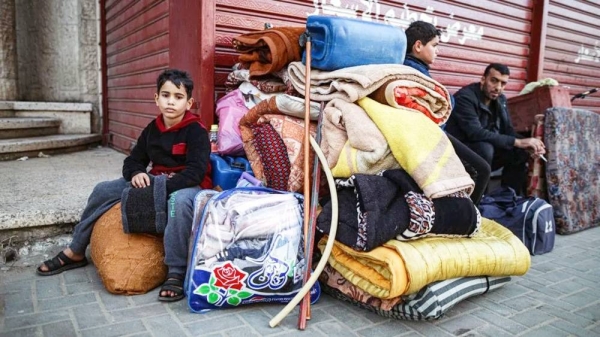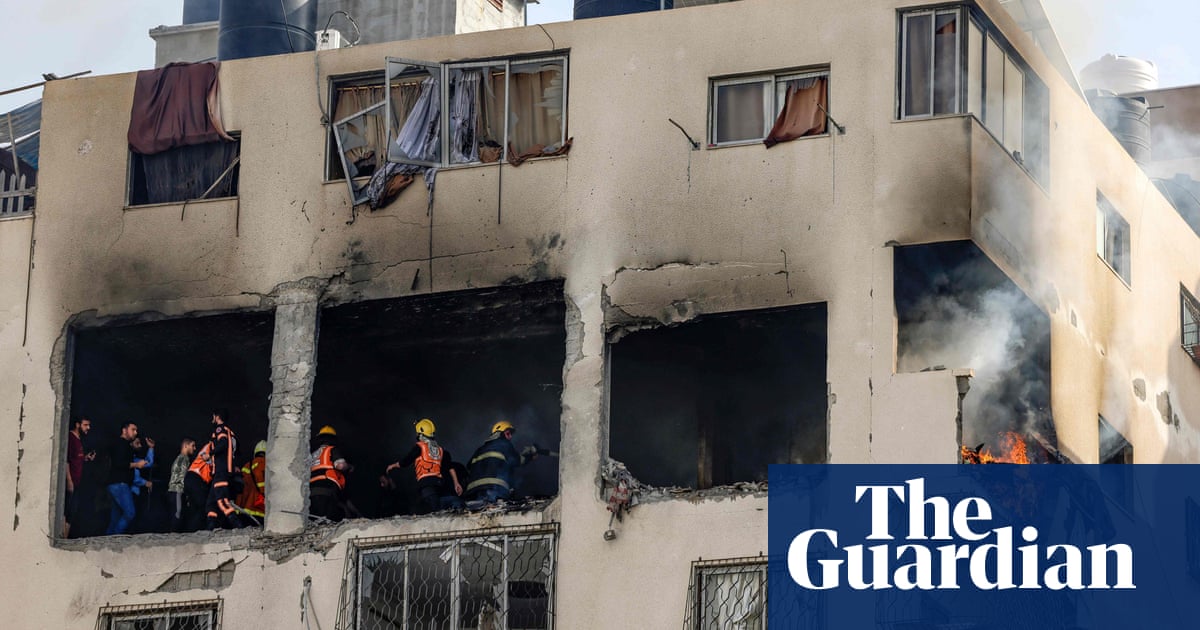
A truce between Israel and the Palestinian militant group Islamic Jihad has taken effect in the Gaza Strip after three days of cross-border fighting triggered by surprise Israeli airstrikes.
Earlier, officials from Egypt, which mediated the deal, said that a truce would start at 11.30pm (9.30pm BST) on Sunday.
Israeli strikes and militant rockets continued in the minutes leading up to the beginning of the truce. Israel confirmed the ceasefire was set to take hold, but said it would respond if it was violated. Islamic Jihad also confirmed the agreement. “We appreciate the Egyptian efforts that had been exerted to end the Israeli aggression against our people,” spokesperson Tareq Selmi said.
“The situation is still very fragile, and I urge all parties to observe the ceasefire,” UN Middle East peace envoy Tor Wennesland said in statement.
The deal should at least temporarily halt the bloodshed that erupted in the blockaded territory on Friday with Israel’s “pre-emptive” Operation Breaking Dawn, which it said thwarted alleged planned rocket attacks by Palestinian Islamic Jihad.
A total of 44 Palestinians, among them 15 children, as well as members of Islamic Jihad, have now been killed in the bombing campaign and more than 300 people have been injured, while 13 Israelis have been treated in hospital for minor injuries as hundreds of retaliatory rockets were fired across the Gaza frontier towards the south of the country.
Israel said a stray rocket fired by Islamic Jihad had killed several children in Jabalia, northern Gaza, on Saturday. Islamic Jihad has not commented on the claim, while the aligned group Hamas, which rules the strip, blamed the attack on Israel.
The flare-up is the worst outbreak of violence between Israeli and Palestinian militants since an 11-day-war last May. The Israel Defence Forces (IDF) had signalled that the campaign was supposed to last about a week; Israel has inflicted significant losses on Islamic Jihad in the last three days, including the targeted killings of two senior commanders.
Whether the latest confrontation could yet escalate into full-scale conflict largely depends on whether Hamas, the larger Islamist movement in control of the strip, decides to intervene. While the two groups are allied, Hamas has not fully replenished its arsenal or tunnel network since last May’s war, and has resisted being drawn into the fighting. All sides are aware, however, that every passing hour increases the risk of miscalculation or escalation.
Advertisement
Unlike Hamas, Islamic Jihad is not responsible for running the day-to-day affairs of the impoverished territory. As a result it is viewed as a more militant resistance faction, often acting independently and sometimes even undermining Hamas’s authority.
Gaza’s 2.2 million inhabitants have already been left reeling by the unexpected spasm of violence, which follows four wars and several other battles over the past 15 years.
A joint Israeli-Egyptian blockade imposed after Hamas seized control in 2007 has turned electricity and clean water into scare commodities and trapped a population struggling with about 50% unemployment and crumbling medical infrastructure.
Mohammed al-Aydi, 37, used a hose to fill water tanks in Sunday afternoon’s blazing heat, saying that his home had had no water since the hostilities broke out on Friday. Gaza’s sole power plant was forced to shut down due to lack of fuel 12 hours later, leading the local health authority to warn that ambulances, operation rooms and intensive care units would be forced to suspend services if fuel was not available in the next 72 hours.
“Since yesterday the electricity has only been on for three hours at a time. I have to take batteries to charge for lighting and the internet router at my neighbour’s house as he got a subscription to a generator that I can’t afford,” he said.
“It’s only the third day of this and we are already suffering badly.”
Tensions were also high in Jerusalem and the occupied West Bank on Sunday after Islamic Jihad fired rockets overnight aimed at the west of Jerusalem, and large numbers of Jewish visitors were admitted to the Al-Aqsa mosque compound to commemorate Tisha B’Av, the destruction of two ancient temples that once stood on the site.
The contested area is holy to Muslims and Jews, who call it the Temple Mount. Informally, Jews are allowed to visit but not pray at the site. In recent years, however, increasing numbers of Jewish visitors, sometimes praying or with police escorts, have exacerbated longstanding Palestinian fears that Israel plans to annex the compound.
The Israeli offensive followed a week of tension prompted by the arrest of Bassem al-Saadi, Islamic Jihad’s top commander in the occupied West Bank, last Monday. While Islamic Jihad did not launch rockets after Saadi’s arrest, Israel has insisted that the group is seeking revenge.
The Gaza Strip has remained relatively quiet since the war in May last year, which killed 256 people in Gaza and 14 people in Israel. The new round of fighting came as Israel prepares for its fifth elections in four years after the collapse of a short-lived coalition government, which ousted the longtime prime minister, Benjamin Netanyahu.




